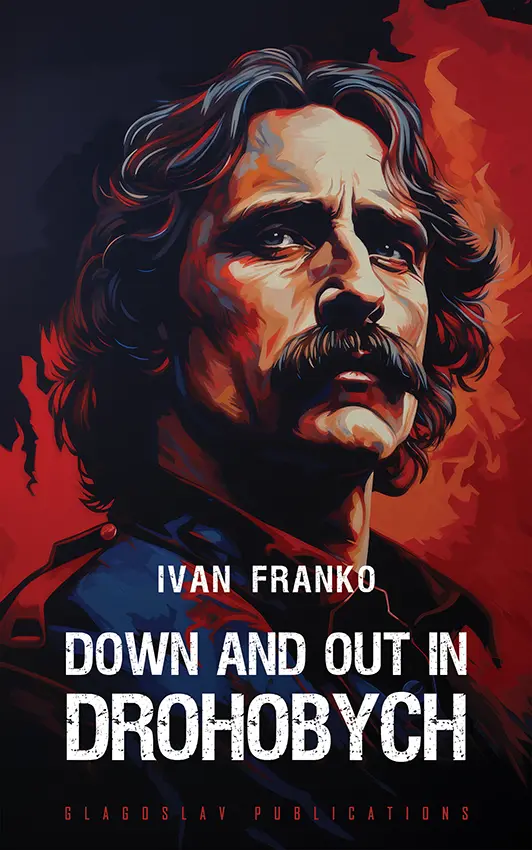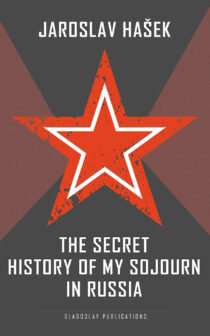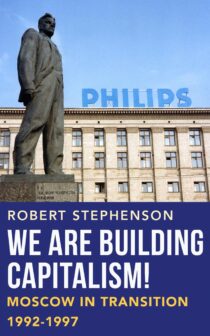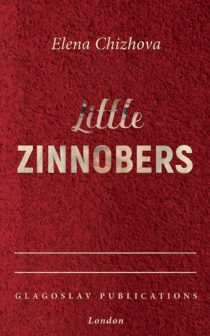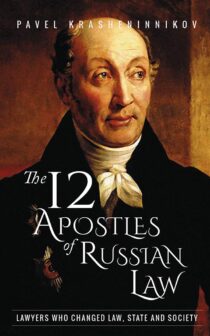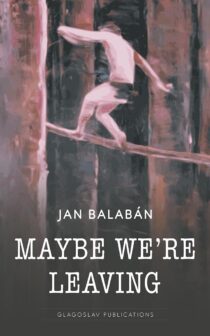Down and Out in Drohobych
€9.95 – €27.99Price range: €9.95 through €27.99
Author: Ivan Franko
Translator: Yuri Tkacz
The interests and aspirations of the common people were the cause to which Ivan Franko devoted all of his many and varied talents. Throughout his literary career his creative effort was invariably focused on working-class people and their struggle for a better future.
Many of the stories in this volume deal with the life of a young boy growing up in Galicia, in the far east of the Austro-Hungarian Empire in the mid-1800s. They depict the poverty and difficult conditions in the region at that time. Although autobiographical in nature, Ivan Franko wrote that the stories could not unreservedly be considered a part of his autobiography, because in all of them he had allowed himself a fair amount of creative freedom.
Franko’s stories often deal with people’s struggles with their own conscience, agonizing over the morality of their actions. From those of a young boy having killed a bird, to those of a prisoner having killed a cellmate.
After his second arrest for his strident socialist views in 1880, Franko wrote the deeply psychological novella “Down and Out in Boryslav” in one night under extremely difficult conditions. In it he showed how different people reacted to being unjustly incarcerated.
From the torment imposed on children by Catholic schools of the time to the inner monologue of a burglar being punished by his victim, when reading Franko’s prose, one has the stark impression of a director’s movie camera shooting scene after scene.
The interests and aspirations of the common people were the cause to which Ivan Franko devoted all of his many and varied talents. Throughout his literary career his creative effort was invariably focused on working-class people and their struggle for a better future.
This book has been published with the support of the Translate Ukraine Translation Program.
| Dimensions | 127 × 203 mm |
|---|---|
| Author | Ivan Franko |
| Pages | … pages |
| Publication date | 15 November 2024 |
| Book Format | Hardcover, Paperback, EPUB, Kindle |
Author
Ivan Franko
Ivan Franko (1856–1916) was a prominent Ukrainian poet, writer, journalist, and social activist. Born in a small village in Galicia, then part of the Austro-Hungarian Empire and now Ukraine, Franko emerged as a leading figure in Ukrainian literature and cultural revival during the late nineteenth and early twentieth centuries.
Franko’s literary career began with poetry, where he expressed his deep love for his homeland and its people. His works often touched on themes of social justice and the plight of the Ukrainian peasantry. He also contributed significantly to the development of modern Ukrainian literature, introducing innovative literary forms and styles.
Beyond his literary pursuits, Franko actively engaged in political and social activism, fighting for the recognition of the Ukrainian language, culture, and education. He co-founded and edited several Ukrainian newspapers and journals, using them as platforms to promote his ideas.
Franko’s contributions extended beyond literature and politics. He was an accomplished translator, bringing the works of many Western European authors to Ukrainian readers. Additionally, his plays and novels, such as Zakhar Berkut and “Stolen Happiness” remain staples of Ukrainian literature.
Translator
Born in a working-class suburb of Melbourne, Australia in 1954, Yuri Tkacz grew up speaking no English until he entered school. A warm love for Ukraine and its literature led him to abandon his profession as an engineer, and in 1979 he began to translate Ukrainian authors into English full-time. His published translations include works by a diverse group of authors, such as Igor Kaczurowskyj, Oles Honchar, Anatoly Dimarov, Valeriy Shevchuk, Sergij Kariuk, Volodymyr Vynnychenko, Yuri Yanovsky, and Borys Antonenko-Davydovych. He lived and worked in Canada in the early 1980s and in Ukraine in the early 1990s, but has now returned to Melbourne. His translations of Hardly Ever Otherwise by Maria Matios, Hard Times by Ostap Vyshnia, The Lawyer from Lychakiv Street by Andriy Kokotiukha, Precursor by Vasyl Shevchuk, and Boryslav in Flames by Ivan Franko have all been published by Glagoslav Publications.
Endorsements and Review Quotes
Down and Out in Boryslav is an “eclectic and most excellent collection of his [Ivan Franko] autobiographical stories.” Robert Blaisdell, Russian Life
Related products
-
The Secret History of my Sojourn in Russia
€9.95 – €26.50Price range: €9.95 through €26.50 Select options This product has multiple variants. The options may be chosen on the product page -
We Are Building Capitalism! Moscow in Transition 1992-1997
€24.99 – €49.99Price range: €24.99 through €49.99 Select options This product has multiple variants. The options may be chosen on the product page -
Little Zinnobers
€9.95 – €23.99Price range: €9.95 through €23.99 Select options This product has multiple variants. The options may be chosen on the product page -
The 12 Apostles of Russian Law
€9.95 – €23.00Price range: €9.95 through €23.00 Select options This product has multiple variants. The options may be chosen on the product page -
Maybe We’re Leaving
€9.95 – €24.49Price range: €9.95 through €24.49 Select options This product has multiple variants. The options may be chosen on the product page
